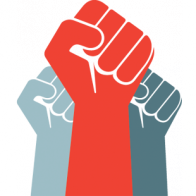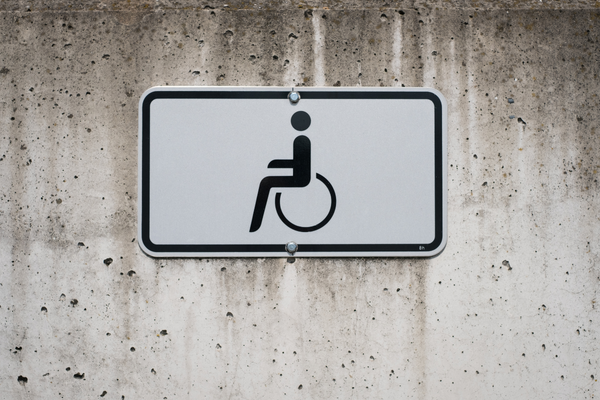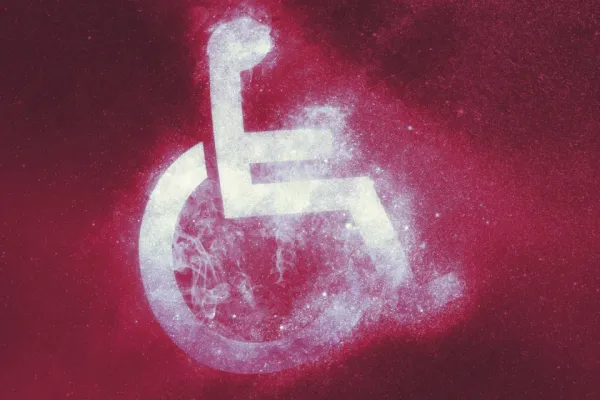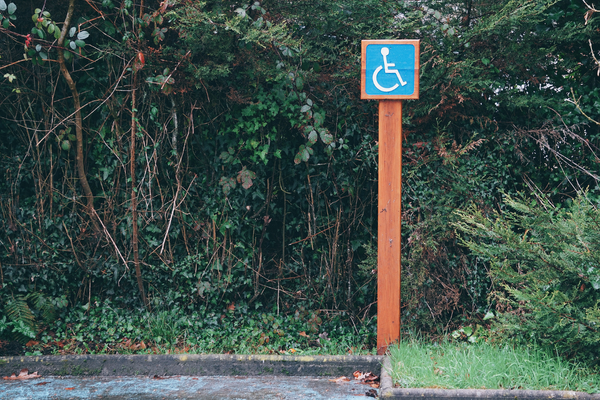3/31/25 - Another agency decimation, and accessible kitchens
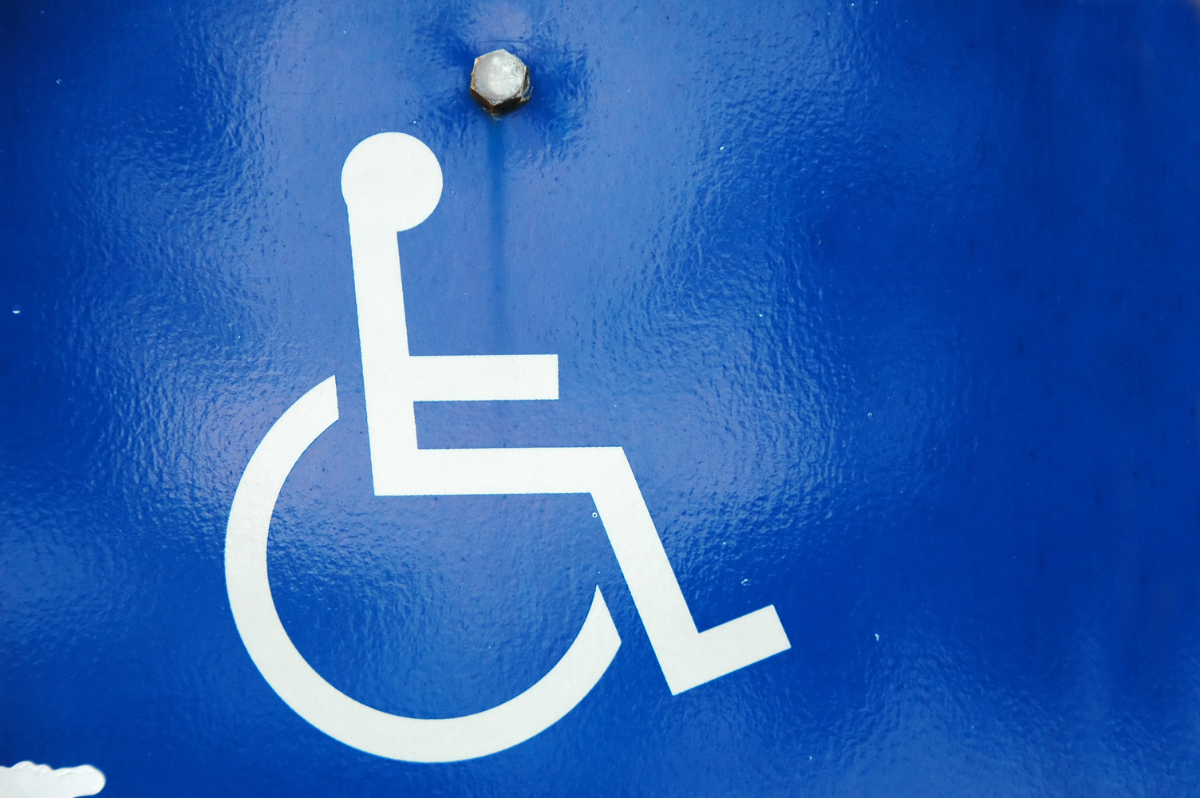

These days, I find myself deliberately sharing stories on serious threats to disabled people's lives and freedom, alongside seemingly lower-stakes, lifestyle accessibility and inclusion topics. I'm not sure what message it sends to post these very different kinds of stories side by side. I certainly don't mean to imply, for example, that kitchen accessibility is just as important as the prospect of massive re-institutionalization and loss of basic support for disabled people. Maybe I should pick a lane – focus on either the high-stakes stuff, or just the less controversial and frightening aspects of disability culture. But right now it feels important somehow for all of us to deal with the fact that "smaller" issues and barriers can still be extremely important to specific disabled people – no matter what else is going on – even as larger, systemic issues have a much greater impact overall. Anyway, it's all news. It's all information. And it's all relevant to disability life, one way or another.
RFK Jr. Moves to Close Administration For Community Living
Julia Métraux, Mother Jones - March 28, 2025
"Disability experts I spoke to expressed that the decision reflected a lack of awareness of the Administration for Community Living’s crucial role for disabled and aging Americans. That may not be surprising given the department’s current leadership; Kennedy mainly talks about disability in the context of conspiracy theories that vaccines cause autism in children. Now, disabled people worried about cuts to their Medicaid coverage will also have to worry whether the assistance they receive through independent living centers will continue."
450+ Organizations Join AAPD In Letter to Congress re: HHS Restructuring
American Association of People with Disabilities - March 28, 2025
"The letter expressed our strong opposition to plans to eliminate the Administration for Community Living (ACL) and split its functions across three other agencies, as well as the consolidation of the Office for Civil Rights (OCR) and Substance Abuse and Mental Health Services Agency (SAMHSA). The large number of sign-ons to the letter in a short period of time demonstrates broad, strong support for the work of these HHS departments."
I suspect a lot of disabled people who aren't tuned in to disability policy will wonder what this is all about, if they even know about it at all. They may wonder why the dismantling of one federal agency they may have never heard of before prompts this kind of response from so many disability organizations?
What is, or was, the Administration on Community Living, (ACL), for? My understanding is that it's job was to make sure policies and long term care / disability and aging programs definitively support, in a coordinated way, elderly and disabled people living independently, in their own homes and communities, rather than in segregated, isolated nursing homes, group homes, or other "facilities." Anyone who knows how long term care tends to work without coordination and principled guidance will realize how important this mission is – and how valuable it is, or was, to have at least one agency laser focused on it.
So how big of a deal is it that new Health and Human Services Secretary Robert F. Kennedy Jr. has ordered the ACL and other related agencies to be dismantled? How much of the damage is symbolic? How much real harm will be done? Will it happen immediately and dramatically, or gradually? How much real, material and legal support will disabled people lose? And what will really happen to the programs the administration claims won't be eliminated, but simply broken up and moved to different management?
I have also noticed a debate of sorts taking shape on Facebook, (that's where I have seen it anyway), seemingly prompted by the ACL elimination and the AAPD letter about it. Maybe it's not a debate yet – more like a dissenting take on the whole thing. The gist seems to be that while this specific move is important to speak out about, disability activists and organizations need to do something more than call members of Congress and issue strongly-worded statements about these sorts of things. One argument is that we should focus more narrowly and strongly on protecting Medicaid, Medicare, and Social Security. Another idea is that we should be putting a lot more effort into "mutual aid" – into more materially and personally helping "keep disabled people alive" during what seems like a dire emergency, not just a bad patch in politics. These both seem like good ideas, though I feel like I need to learn more about what "mutual aid" looks like. It certainly has an understandable appeal – especially for people who aren't as comfortable with government-focused advocacy, or in a time when traditional "systemic" advocacy may be even less effective than it usually has been.
Should we fight everything at once, or prioritize? Do we keep fighting for government-based solutions, as so many of us have been taught and internalized for so long? Or, do we need to reassess what in the past we may have seen as privatized, small-scale, low-impact models of support. Is this just a particularly challenging time for more or less traditional disability activism? Or, should we be shifting into survival mode?
What do you think?
Stirring Through Challenges in the Kitchen: Strategies for People with Disabilities
Arlene Schulman, Next Avenue - March 28, 2025
"For people with physical disabilities, aging in place or temporarily disabled due to illness or injury, navigating through home kitchens can be a daunting experience. Some houses and apartments are specifically designed or remodeled for the needs of their users while adaptive appliances and technology help create more independent living."
One of the first things we think of when we talk about purely practical home accessibility – along with entrances and exits, dealing with stairs, and accessible bathrooms. This piece provides an overview of kitchen accessibility from several different disability perspectives. And there are plenty of links to adaptive products and resources included.

Action Alerts
Opportunities to take action on disability issues ...

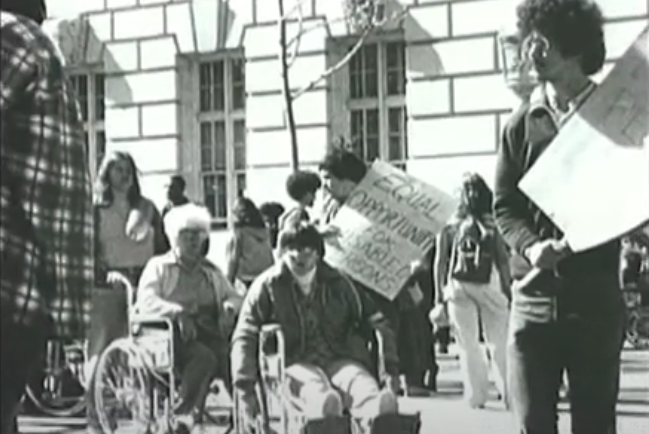

Disability Thinking Weekday is a Monday-Friday newsletter with links and commentary on disability-related articles and other content. Please like, share, comment, and subscribe — for free, or with a paid subscription. A free subscription brings a newsletter to your email each weekday, and gives you access to Comments. Benefits of paid subscription include:
- A monthly recap with links to all of the previous month's shared articles, organized by topic.
- Listing as a supporter, and a link to your website if you have one.
- You can recommend one disability-related article for me to share per month in a weekday post.
To to subscribe, or check and change the status of your subscription, click this button:
I am so grateful for your help and engagement, in whichever forms you choose!


